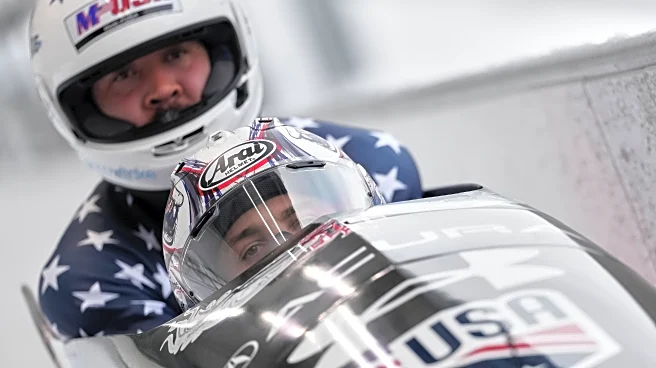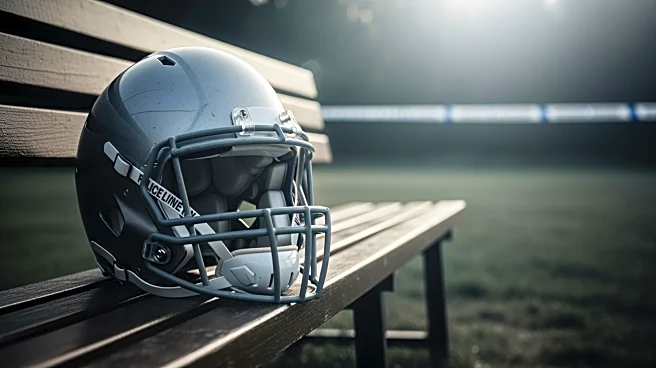Rapid Read • 8 min read
Two Japanese boxers, Shigetoshi Kotari and Hiromasa Urakawa, have died from brain injuries sustained during separate fights on August 2, 2025, in Tokyo. Kotari, aged 28, lost consciousness after a 12-round match against Yamato Hata, resulting in a draw. He underwent emergency brain surgery for a subdural hematoma but did not survive. Urakawa, also 28, required a craniotomy following a six-round loss to Yoji Saito at the same event. The World Boxing Council and World Boxing Organization announced their deaths, expressing condolences to their families and the Japanese boxing community. The Japan Boxing Commission has since reduced OPBF title bouts from 12 rounds to 10.
AD
The deaths of Kotari and Urakawa highlight the inherent risks associated with boxing, particularly concerning head injuries. These incidents may prompt discussions on the safety measures and regulations within the sport, potentially leading to reforms aimed at reducing the risk of severe injuries. The boxing community, including governing bodies, may face increased pressure to implement stricter safety protocols and enhance protective gear. The tragic events underscore the need for ongoing research into making boxing safer, which could impact the sport's future and its perception by the public.
In response to these fatalities, boxing organizations might review and revise their safety standards and training practices. There could be calls for more comprehensive medical screenings and post-fight evaluations to prevent similar incidents. The Japan Boxing Commission's decision to lower the number of rounds in OPBF title bouts is a step towards mitigating risks, and further changes may follow. Stakeholders, including athletes, trainers, and medical professionals, may collaborate to develop improved safety measures.
The deaths of Kotari and Urakawa may lead to broader discussions about the ethical implications of contact sports and the balance between entertainment and athlete safety. There could be cultural shifts in how boxing is perceived, potentially affecting its popularity and the willingness of young athletes to pursue careers in the sport. The incidents may also influence legal considerations regarding liability and the duty of care owed to athletes by promoters and governing bodies.
AD
More Stories You Might Enjoy











